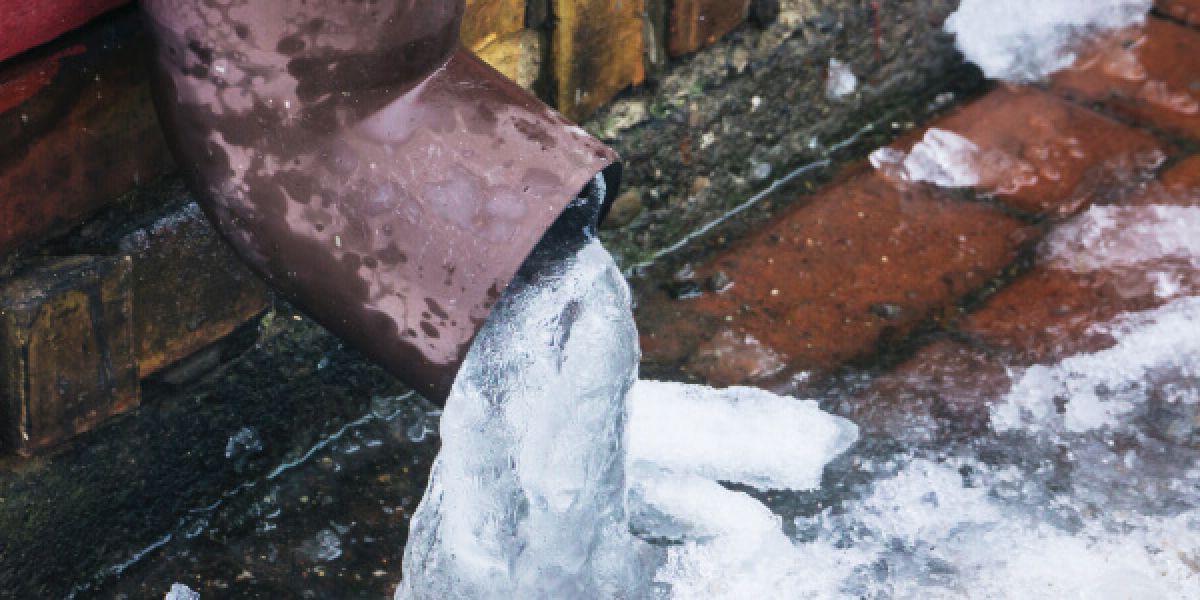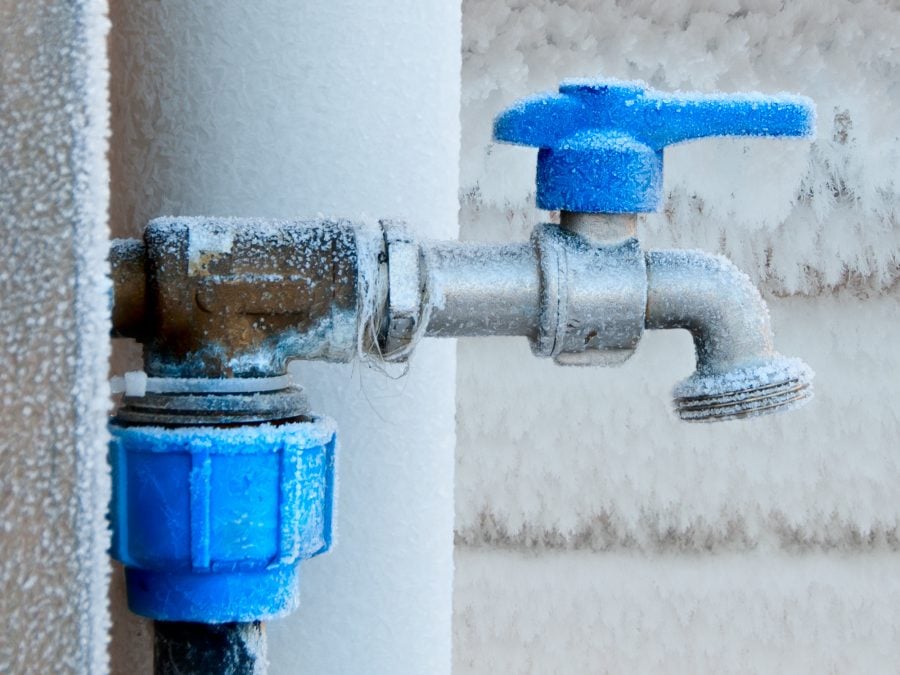Preventing Frozen Plumbing: Effective Strategies for Cold Weather
Preventing Frozen Plumbing: Effective Strategies for Cold Weather
Blog Article
On this page underneath you'll find lots of dependable information around How to prepare your home plumbing for winter weather.

Cold weather can wreak havoc on your plumbing, specifically by freezing pipelines. Right here's exactly how to stop it from occurring and what to do if it does.
Intro
As temperatures decline, the risk of frozen pipes rises, possibly causing pricey fixings and water damages. Comprehending exactly how to avoid icy pipes is important for house owners in cool environments.
Comprehending Frozen Pipes
What triggers pipes to freeze?
Pipes freeze when exposed to temperature levels listed below 32 ° F (0 ° C) for prolonged periods. As water inside the pipes ices up, it broadens, taxing the pipe wall surfaces and potentially creating them to rupture.
Risks and damages
Icy pipes can cause supply of water interruptions, residential or commercial property damages, and pricey fixings. Burst pipelines can flood homes and create considerable structural damages.
Indications of Frozen Piping
Identifying icy pipes early can avoid them from bursting.
Exactly how to recognize icy pipelines
Search for lowered water circulation from faucets, unusual smells or sounds from pipes, and visible frost on exposed pipelines.
Prevention Tips
Protecting vulnerable pipelines
Wrap pipelines in insulation sleeves or make use of heat tape to protect them from freezing temperature levels. Focus on pipelines in unheated or exterior locations of the home.
Heating strategies
Keep indoor rooms adequately heated up, especially locations with plumbing. Open up closet doors to enable cozy air to distribute around pipes under sinks.
Protecting Exterior Plumbing
Yard hoses and outside faucets
Detach and drain pipes yard hose pipes prior to winter. Set up frost-proof faucets or cover outdoor taps with insulated caps.
What to Do If Your Pipes Freeze
Immediate actions to take
If you believe frozen pipes, keep taps open up to alleviate stress as the ice melts. Use a hairdryer or towels taken in hot water to thaw pipes slowly.
Long-Term Solutions
Structural adjustments
Think about rerouting pipes far from outside wall surfaces or unheated areas. Add additional insulation to attics, basements, and crawl spaces.
Updating insulation
Buy high-grade insulation for pipelines, attics, and walls. Proper insulation aids keep regular temperatures and decreases the risk of icy pipes.
Verdict
Protecting against icy pipes needs positive actions and quick actions. By understanding the reasons, indications, and preventive measures, home owners can safeguard their pipes during winter.
6 Proven Ways to Prevent Frozen Pipes and Protect Your Home
Disconnect and Drain Garden Hoses
Before winter arrives, start by disconnecting your garden hoses and draining any remaining water. Close the shut-off valves that supply outdoor hose bibs and leave the outdoor faucet open to allow any residual water to drain. For extra protection, consider using faucet covers throughout the colder months. It’s also important to drain water from any sprinkler supply lines following the manufacturer’s directions.
Insulate Exposed Pipes
Insulating your pipes is an effective way to prevent freezing. Pipe insulation is readily available at home improvement stores and is relatively inexpensive. Pay close attention to pipes in unheated areas such as the attic, basement, crawl spaces, or garage. Apply foam insulation generously to create a buffer against the cold. You can also wrap your pipes in heat tape or thermostat-controlled heat cables for added warmth.
Seal Air Leaks
Inspect your home for any cracks or openings that could let in cold air. Seal any holes around the piping in interior or exterior walls, as well as the sill plates where your home rests on its foundation. Additionally, make sure to keep your garage door closed unless you’re entering or exiting. Leaving it open creates a significant air leak that can lead to frozen pipes.
Allow Warm Air Circulation
During cold snaps, it’s essential to allow warm air to circulate evenly throughout your home. Leave interior doors ajar to promote better airflow. Open kitchen and bathroom cabinets to help distribute heat consistently around the rooms. If you have small children or pets, be sure to remove any household chemicals or potentially harmful cleaners from open cabinets for safety.
Let Faucets Drip
A small trickle of water can make a big difference in preventing ice formation inside your pipes. When temperatures drop significantly, start a drip of water from all faucets served by exposed pipes. This continuous flow helps prevent the water from freezing. Additionally, running a few faucets slightly can relieve pressure inside the pipes, reducing the chances of a rupture if the water inside does freeze.
https://choateshvac.com/6-proven-ways-to-prevent-frozen-pipes-and-protect-your-home/

I recently found that blog posting on Winter Plumbing Precautions: Preventing Frozen Pipes when browsing on the web. Are you aware of another person who is excited by the subject? Do not hesitate to share it. We enjoy reading our article about Prevent Frozen Pipes .
Request A Quote Report this page